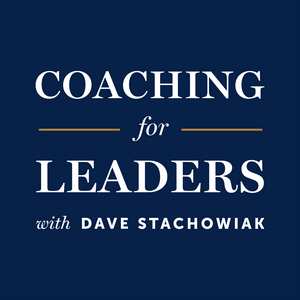Lily Zheng, Fixing Fairness
Lily Zheng is a sought-after speaker, strategist, and organizational consultant who specializes in hands-on systemic change to turn positive intentions into positive outcomes for workplaces and everyone in them. A dedicated changemaker and advocate, Lily has had their work published in the Harvard Business Review, New York Times, and NPR. They are the author of Fixing Fairness: 4 Tenets to Transform Diversity Backlash into Progress for All (Amazon, Bookshop)*.
When it comes to fairness in the workplace, our society is quick to zero in on what divides us. Yet, there is broad agreement across all demographics on many key principles. In this conversation, Lily and I explore how leaders can influence the system to better work for everyone.
Key Points
Many of us assume that fewer people support the value of diversity than actually do. When asked, 82% of people support pro-diversity statements.
The most popular/traditional approaches to fixing fairness in the workplace tend to be the least effective.
Our tendency is to focus on the behavior of individuals, when in fact organizational systems have the most significant impact on fairness.
When considering a fairness initiative or intervention, begin with the practice of understanding and storytelling, just like many change initiatives.
Resist the temptation to check boxes with “quick fixes” such as simply bringing in a speaker or hosting a one-time event. This rarely helps in any sustainable way and sometimes worsens existing dynamics.
If you have a seat at the leadership table, make the case for thoughtful design and involvement of stakeholders at all points in the process, just as many effective organizations do on any strategic change initiative.
Resources Mentioned
Fixing Fairness: 4 Tenets to Transform Diversity Backlash into Progress for All by Lily Zheng (Amazon, Bookshop)*
Interview Notes
Download my interview notes in PDF format (free membership required).
Related Episodes
Supporting Return to Work After Maternity Leave, with Danna Greenberg (episode 639)
The Power of Unlearning Silence, with Elaine Lin Hering (episode 678)
How to Lead a Meaningful Cultural Shift, with David Hutchens (episode 755)
Discover More
Activate your free membership for full access to the entire library of interviews since 2011, searchable by topic. To accelerate your learning, uncover more inside Coaching for Leaders Plus.


